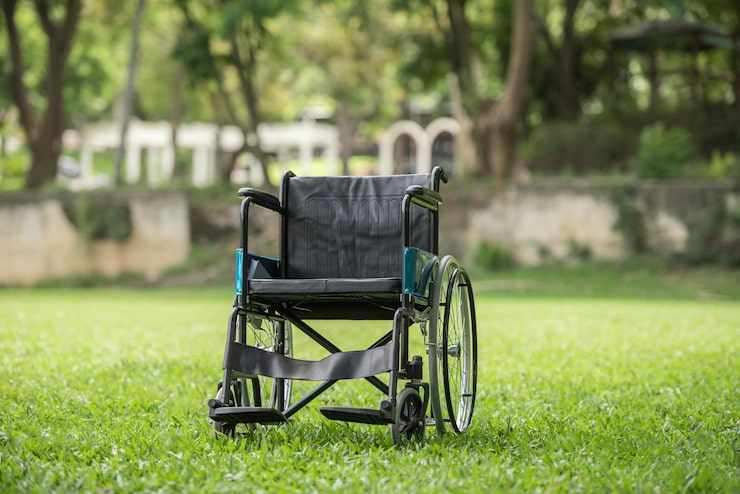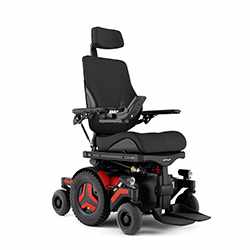A custom wheelchair is specifically built to meet the user’s unique physical, medical, and lifestyle needs. Unlike standard models that offer limited adjustability, a custom chair takes into account factors like:
Body measurements and posture
Mobility goals
Daily usage habits
Terrain and environment
Specific medical conditions or diagnoses
For example, someone with a spinal cord injury may need different seating and support features than a person with cerebral palsy or muscular dystrophy. By designing a chair that fits the user—not the other way around—the result is increased comfort, better posture, and improved functionality.
Enhanced Comfort and Ergonomics
One of the most common complaints among wheelchair users is discomfort during long periods of use. A custom-fit wheelchair offers superior ergonomics by aligning with the user’s anatomy. It minimizes pressure points, supports proper alignment, and can include specialized cushions or backrests.
This is especially important for people who spend several hours a day in their chair. Improper seating can lead to secondary conditions like pressure sores or chronic back pain, both of which can significantly reduce quality of life.
Boosting Independence and Confidence
Mobility plays a crucial role in our psychological well-being. When a person gains the ability to move freely and safely, it often leads to a greater sense of independence, which in turn boosts confidence and motivation.
A mobility wheelchair that is tailored to the user’s preferences can enable them to navigate their environment with less assistance. Whether it's going to work, shopping, social events, or just enjoying time outdoors, the right wheelchair makes it possible.
Technological Features for Modern Lifestyles
Today’s custom wheelchairs can include a variety of smart features. Depending on your needs and budget, you can find models with:
Power-assist functionality
Bluetooth connectivity
Height adjustment
Tilt-in-space options
Joystick or head control systems
These features are especially beneficial for users who want to integrate their wheelchair into a tech-driven lifestyle. Imagine being able to control your wheelchair’s position with a smartphone or using voice commands for movement—this is the future of accessible mobility.
Key Considerations Before Choosing One
Before investing in a custom wheelchair, it’s essential to consult with a physical therapist or mobility specialist. A proper assessment ensures that the chair meets both medical and lifestyle needs. Key aspects to discuss include:
Type of terrain you'll most often use it on (indoor, rough surfaces, inclines)
Whether you'll transport it frequently (foldable vs. rigid frame)
Your range of upper-body motion
Long-term mobility goals
You’ll also want to factor in budget, insurance coverage, and warranty options. While custom wheelchairs are more expensive than standard models, many users find the long-term benefits far outweigh the upfront costs.
Final Thoughts: Invest in Mobility That Works for You
In a world that often overlooks individual needs, choosing a custom wheelchair is a bold move toward regaining control over your life. It’s not just about getting from one place to another—it’s about doing it comfortably, confidently, and with independence.









Write a comment ...